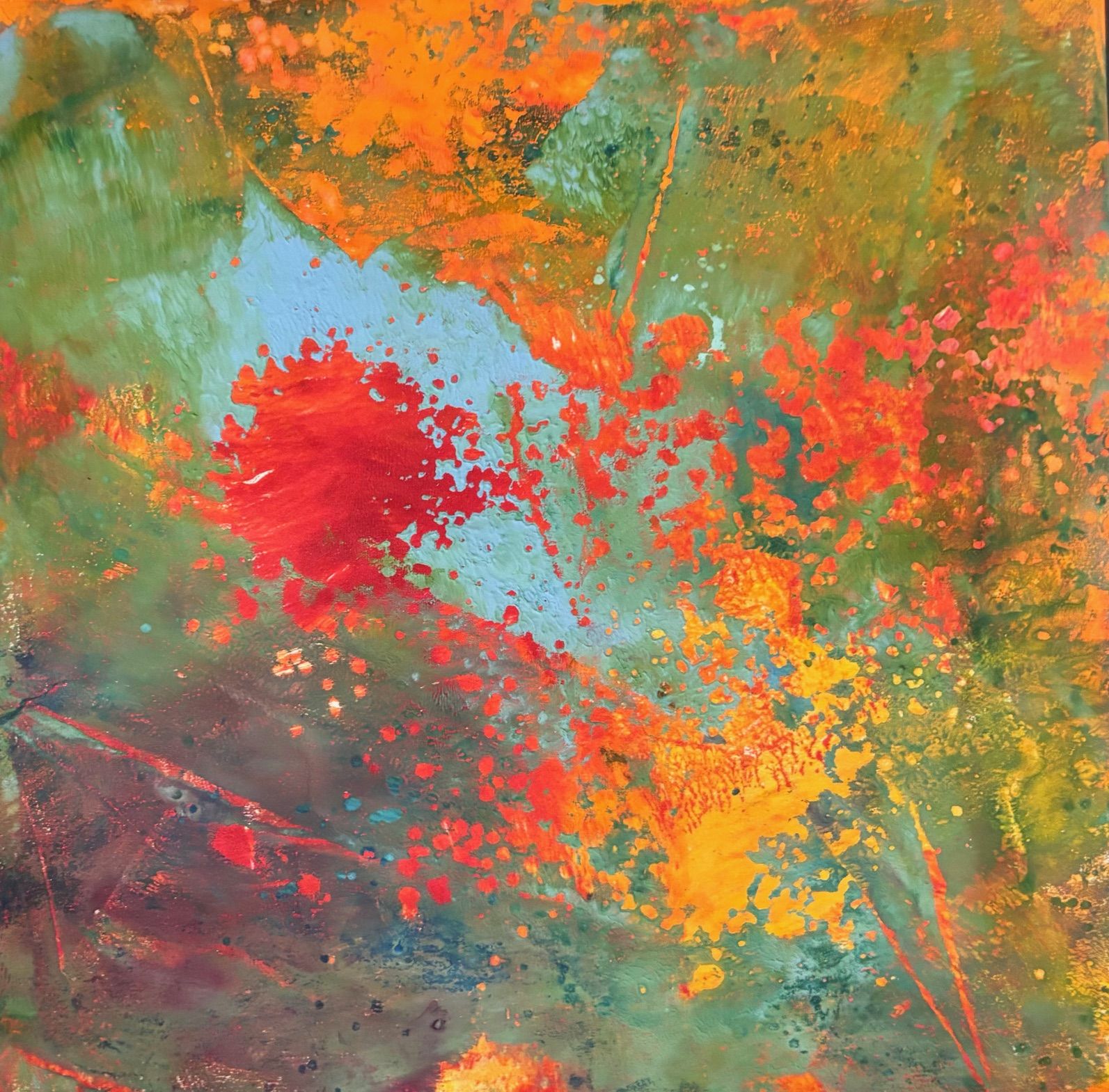Written by Sandee Gertz. Posted in Featured, Poetry.
I bought this car to prove I could
and now, as I wait to turn left
a man exits the Quik-Stop,
black sweats sagging, pantlegs
shirred halfway up his narrow calves.
He’s probably my age, maybe even
a one-time middle-school messiah.
He slouches down the sidewalk,
knees hinging like a marionette
as if in time to Grace Slick,
who’s up so loud the ragtop throbs.
He gestures toward traffic with a tall-boy
then folds to the curb. How I envy him.
My tongue swells as the cold slides
down his throat, jaw slackening,
the world easing up a little.
My sister drank the same brand
when her check ran thin.
The last time I saw her
she drove up to the house, window down.
Come on, she said. It hadn’t been long
since I couldn’t say no, veins drawn tight
brain to toes—so I went inside.
I wish she was here. She’d settle down
on the curb beside him, light a cigarette,
put her hand out for his beer.
And he would give it to her,
the joke passing between their eyes—
me still in my lane
mouthing the words to the song,
you better find somebody to love.
